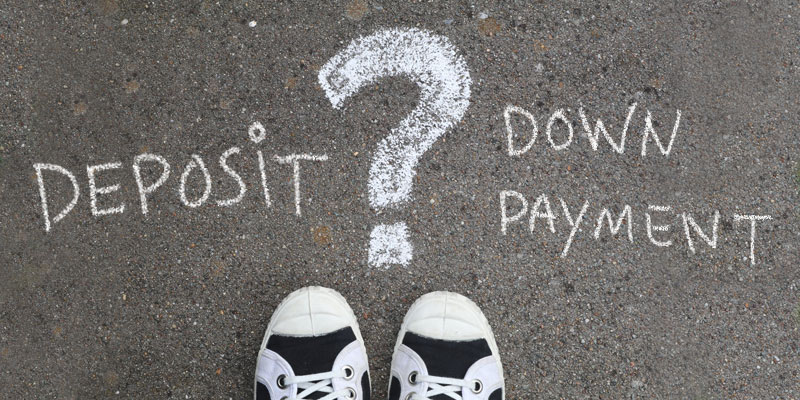There are a lot of unknown terms you’ll come across while buying a home – particularly as a first-time homebuyer. Two common payments that homebuyers sometimes use interchangeably, but are quite different, are “deposit” and “down payment”.
Deposit
When buying real estate, you’re typically required to pay an upfront cash deposit, which is used to show the seller that you’re committed to making the purchase. Once the home closes, however, you can redirect those funds towards closing costs and your down payment.
While there’s no specified minimum deposit required – the amount is determined by the seller – you should plan to set aside at least 5% of the purchase price as a deposit.
When buying a home, your deposit is typically made payable to the listing agent or the seller’s lawyer “in trust”. This means the listing agent or lawyer must keep the money in a trust account until the closing date.
If the deal doesn’t go through, in many cases, the buyer and seller agree to end the transaction and sign a mutual release. But, when the two parties fail to agree – like when the seller backs out of the deal without just cause – the deposit must remain in the brokerage trust account until a court order is obtained.
Down payment
Your down payment is money you must save to put towards the purchase price of your home. The minimum down payment across Canada is 5% of the purchase price for a home valued at $500,000 or less and 10% for the portion of the purchase price above $500,000.
Of course, if you can make a larger down payment than the minimum requirement, your mortgage payments will be lower and it will take you less time to pay off your mortgage.
Have questions about making a down payment or deposit on your home? Answers are a call or email away!
